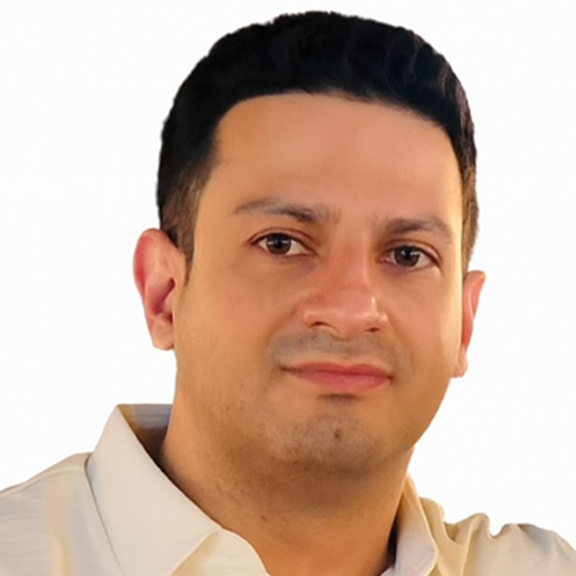Our team presents OsteoOpt: A Bayesian Optimization Framework for Enhancing Bone Union Likelihood in Mandibular Reconstruction Surgery, which optimizes key surgical parameters to substantially improve donor-native bone union in mandibular reconstruction. The framework achieved up to 329% improvement in predicted bone union compared to standard practice, and validation also shows strong agreement with longitudinal patient imaging. By combining optimization with clinical validation, OsteoOpt demonstrates the potential of advanced computational tools to enhance surgical planning and patient recovery.

I am a PhD candidate at UBC and am completing an 8-month visiting term at the University of Toronto through UBC's Friedman Award Program. This is the first time I've attended a MICCAI conference.
It's an honor to present our work at MICCAI 2025, as it provides a unique platform to share our research with the global community of experts at the intersection of medical imaging, computational modeling, and clinical innovation. Presenting here not only validates the impact of our work but also opens opportunities for collaboration and translation into clinical practice.
I'm particularly interested in advances in AI and medical imaging, along with surgical planning and computer-assisted intervention. I'm also excited to see how emerging approaches in multimodal learning and simulation can help bridge the gap between computational research and real-world patient outcomes.
I'm most looking forward to connecting with fellow researchers and clinicians, exchanging ideas across disciplines, and gaining new perspectives that can strengthen and extend our work. Beyond the sessions, I value the opportunity to engage in discussions that spark collaborations and inspire the next steps in improving patient care through technology.